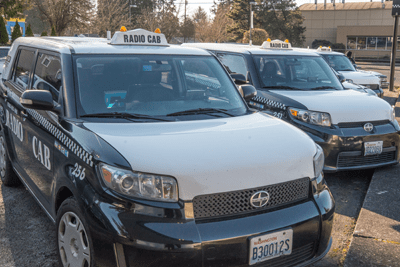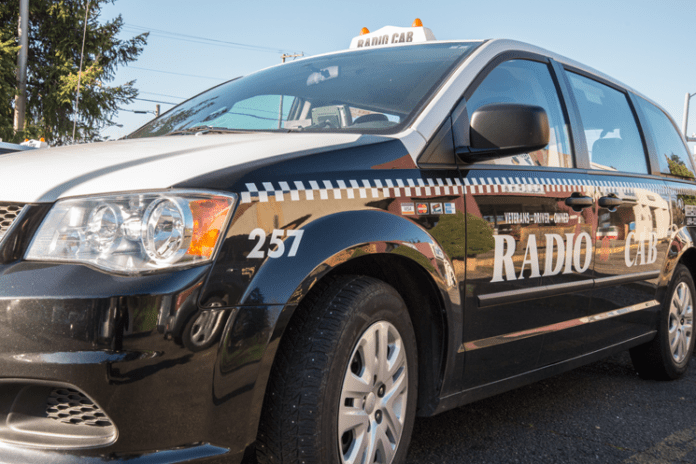Officials in Vancouver are preparing to even the playing field for those in the vehicle-for-hire industry.
Since July of 2014, San Francisco-based transport-for-hire company Uber has been navigating the streets of Southwest Washington. With a fleet of private vehicles manned by independent contractors, Uber connects drivers with passengers through their smartphone app-based network.
As in most cities, Uber has been met with its share of proponents. Ride-share advocates find the service unique, enjoying the modern GPS-powered application to find their ride as well as supporting the entrepreneurial aspects of providing a job to anyone who is a qualifying driver with a qualifying vehicle.
No stranger to controversy, Uber’s road into the Vancouver market has also hit a few speed bumps. Technically in violation of over a dozen city and state regulations, the company has faced scrutiny from local governments (the service is currently suspended in Portland), competitors and some members of the public.
 Steve Entler, general manager of Radio Cab in Portland and Vancouver, said he takes issue with Uber not being penalized for rule violations that would result in fines or suspensions for any of the cab outfits.
Steve Entler, general manager of Radio Cab in Portland and Vancouver, said he takes issue with Uber not being penalized for rule violations that would result in fines or suspensions for any of the cab outfits.
“I’ll be honest. I like the entrepreneurial spirit – new idea, good competition. I think we can both exist just fine, it just needs to be a level playing field,” he said.
Vancouver City Councilmember Jack Burkman, who sits on the SW Regional Transportation Council and the Joint Policy Advisory Committee on Transportation, wants the same thing.
“Uber introduced a new business model, a non-traditional service coming into the long-time vehicle-for-hire sector. We had a choice to make – leave the taxi codes as they are and force the new business to conform, change the rules or repeal them completely,” he explained. “Ultimately, we chose to repeal the taxi code and replace it with a much simpler version.”
According to Burkman, the hope is that the new rules will be beneficial for new companies like Uber, but also for existing cab companies.
Proposed changes to the taxi code include:
- Eliminating a rule that limits the number of taxis on the road at any given time
- Reducing reporting
- Reducing fees
Safety is another measure that the taxi services, Uber and the city council agree are paramount in operating a vehicle-for-hire service.
“We agree that vehicle identification is important,” said Burkman. “We are coming up with the correct way for Uber drivers to declare their vehicles. Unlike a taxi, Uber drivers cannot pick up customers from the street (be hailed). Their identification needs are a little different and we will try and reflect that.”
Other safety issues proposed include ensuring that drivers and their cars meet appropriate standards. Driver backgrounds, training and insurance will have to meet certification with an affidavit from their companies and will be enforced with routine audits. Burkman sees this as an appropriate measure of safety for riders, but also a reduction in reporting requirements for existing taxi companies.
The city council will hold a public hearing on the proposed ordinance and rules on Monday, February 23.




